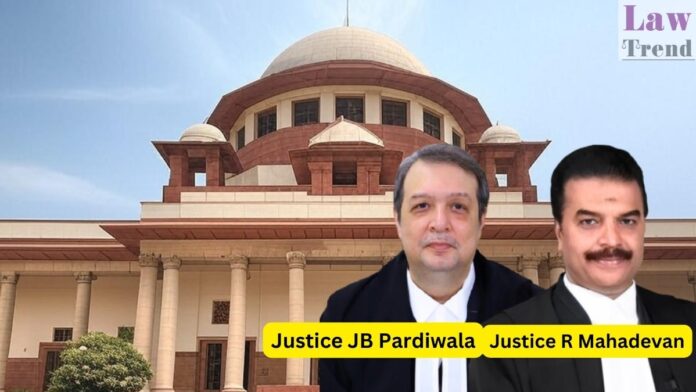The Supreme Court of India, in a scathing indictment of an Allahabad High Court order authored by Justice Prashant Kumar, has set aside a decision by the Allahabad High Court that allowed criminal proceedings in a commercial dispute over an unpaid balance. The apex court bench of Justices J.B. Pardiwala and R. Mahadevan termed the
To Read More Please Subscribe to VIP Membership for Unlimited Access to All the Articles, Download Available Copies of Judgments/Order, Acess to Central/State Bare Acts, Advertisement Free Content, Access to More than 4000 Legal Drafts( Readymade Editable Formats of Suits, Petitions, Writs, Legal Notices, Divorce Petitions, 138 Notices, Bail Applications etc.) in Hindi and English.




